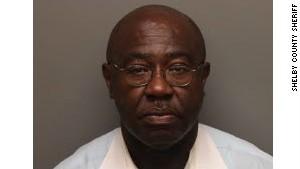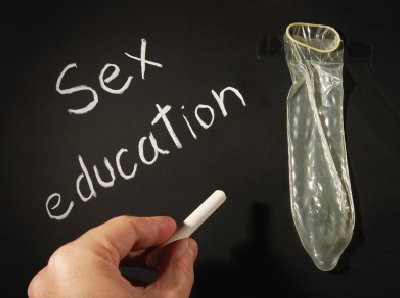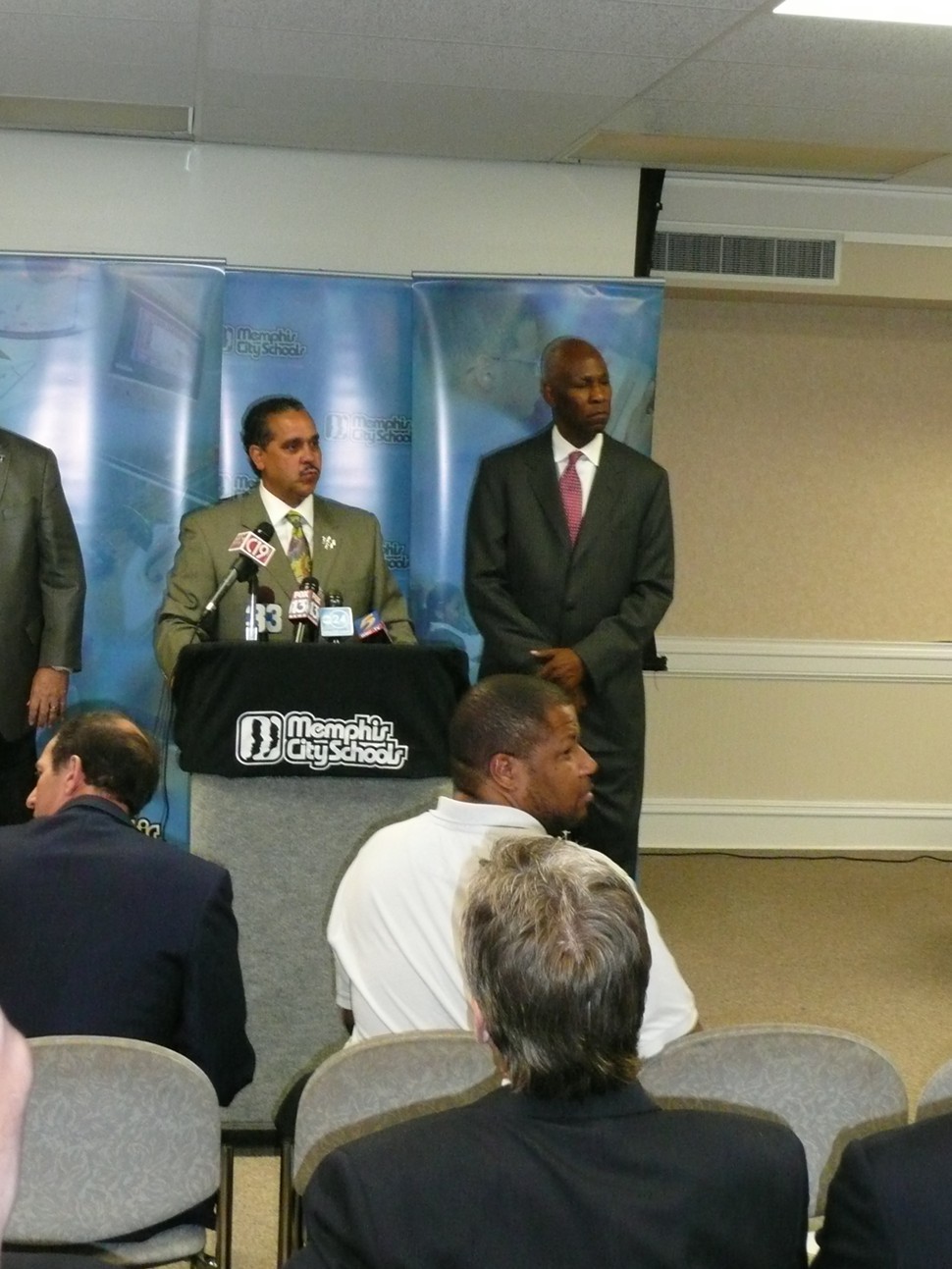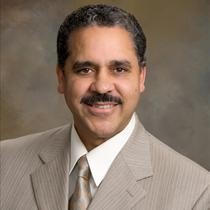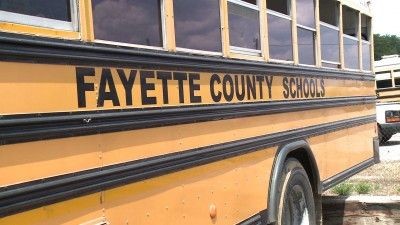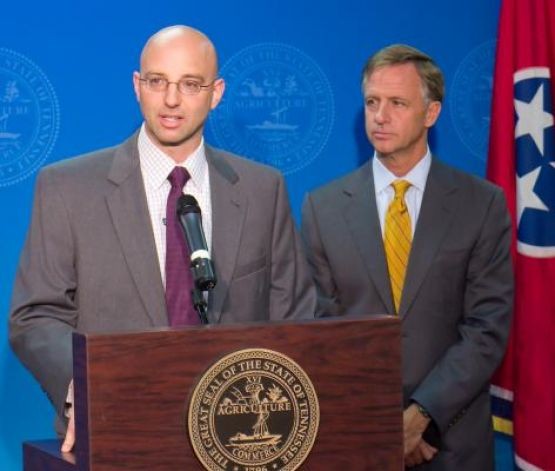Revisiting history does not mean that we have the right to rewrite it.
I mention this in light of a recent meeting of the Memphis City Council in which members of my administration and I were criticized about the city’s debt even as our finance director presented a debt-restructuring plan.
Rather than focusing on the merits of the plan, the discussion descended into a debate on how we somehow misled the council with respect to our 2010 debt plan and our overall finances. In this meeting, one council member went so far as to misrepresent my comments on this matter by selectively editing an audio version of my past remarks.
Given this rather selective amnesia of certain council members and the concern of many citizens in how we got here financially, I am compelled to set the record straight.
There is no way to truly understand our current financial circumstances without speaking to the Memphis City Council’s 2008 vote to cut funding to Memphis City Schools (MCS) and the successful lawsuit against the city to restore this funding. The following points are matters of record:
In July 2008, over the objection of Mayor W. W. Herenton, the Memphis City Council voted to take $65 million per year from the Memphis City Schools. Two months after my election in October 2009, my request to the council to restore the school funding tax rate was refused.
In August 2010, the Tennessee State Supreme Court affirmed the $57 million lower court ruling in favor of MCS.
Based on the decisions of the courts in favor of Memphis City Schools, the city restored its annual school funding in 2010. What remained was the amount taken from schools in the 2008-2009 school year that needed to be paid back. The council’s options were rather straightforward: Restore the tax rate that had been dedicated for schools, cut other operating expenses to free up funds for the schools, or some combination of these two items.
In this context, it is important to underscore that while the mayor has to propose a budget, it is the council that has authority to raise taxes and to set the budget.
On the matter of raising taxes and making budget cuts to pay Memphis City Schools, the council was hopelessly deadlocked. But, something had to be done.
Against this backdrop, we presented the 2010 Debt Restructuring Plan as a compromise solution for council members to avoid the immediate need to raise taxes and make drastic budget cuts. It was a commonly used “scoop and toss” arrangement that allowed the city to push payments on this financial obligation out into the future.
To be clear, the 2010 Debt Restructuring Plan was essentially done to allow us to comply with the court order to pay the schools. The 2015 Debt Restructuring Plan is largely being proposed for the same lingering issue.
Those who see the debt plan and those who submitted this plan as the source of our financial challenges are confusing bad-tasting medicine and the administering physician with the issue being treated. This is not meant to place the funding of children’s education in a bad light, but only to highlight the confusion of some on this issue.
The current debt-restructure plan was developed with a team of nationally recognized financial advisors and later vetted and approved by the state comptroller. As a local newspaper article recently outlined, what we are doing is standard for many other major cities faced with varying financial challenges. With the annual pension obligation increasing, the looming debt services bubble, and interest rates that will soon rise, we can no longer afford inaction or delay.
What we need now is action to approve the proposed debt-restructuring plan. Financial realities and past missteps should remind us that we don’t have time for politics on this matter.
